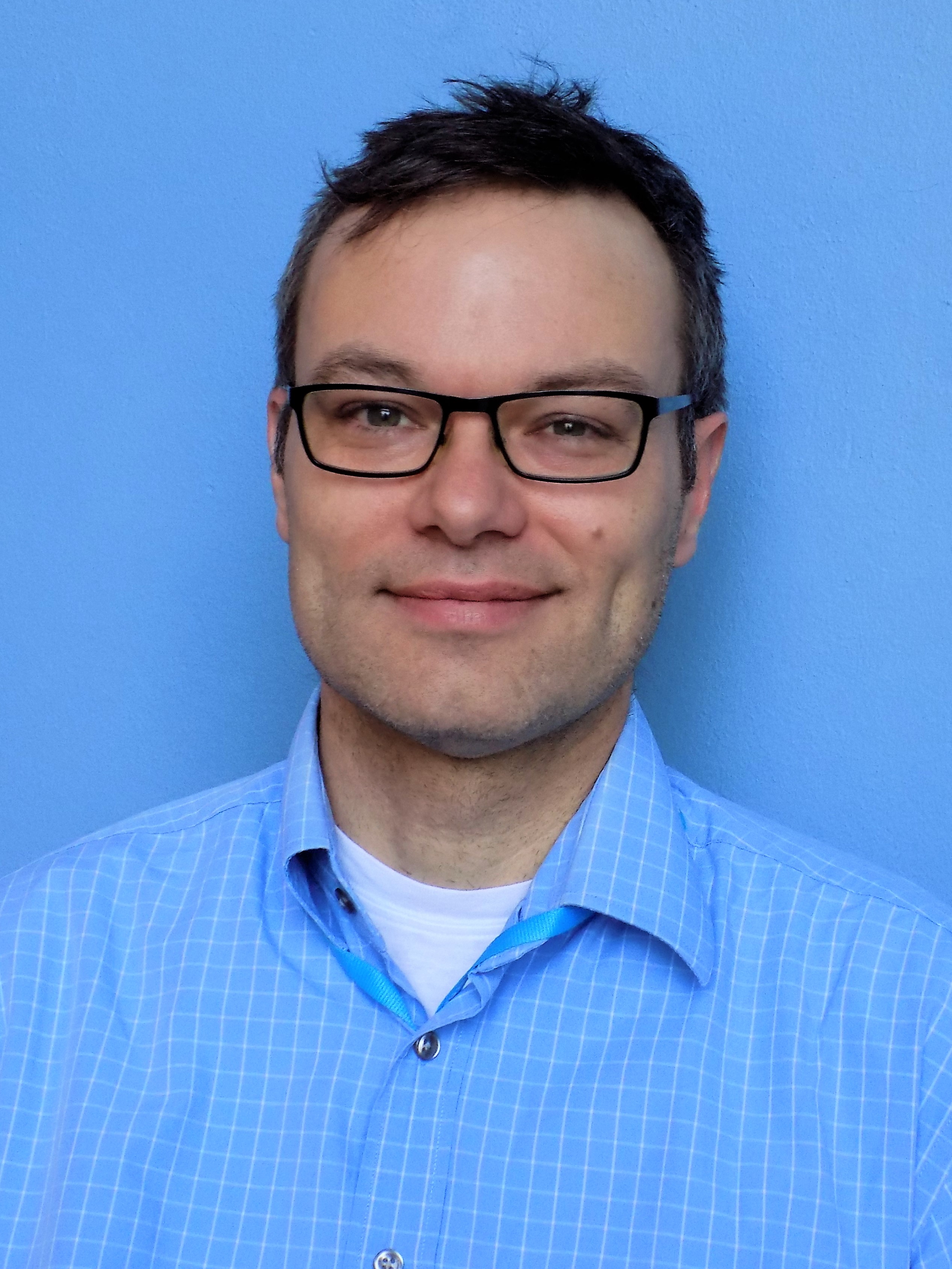10 million euros for the search for new electrocatalysts
An international group of researchers with participation from the University of Bern is using new concepts to search for efficient and durable electrocatalysts for the energy transition. They are being funded by the European Research Council (ERC) with 10 million euros.
Hydrogen is considered the energy carrier of the future. To produce it, reactions have to be catalysed, some of which take place under extreme conditions. Previous electrocatalysts usually cannot withstand this for long - new materials are needed that are both powerful and durable, and ideally do not contain expensive and scarce elements.
A Danish-German-Swiss research consortium is systematically taking a new approach in the project "Directed Evolution of Metastable Electrocatalyst Interfaces for Energy Conversion", or DEMI for short. In order to be able perform a targeted search, the professors Jan Rossmeisl from the University of Copenhagen, Alfred Ludwig from the Ruhr University Bochum, Karl Mayrhofer from the Helmholtz Institute Erlangen Nuremberg/Friedrich Alexander University Erlangen-Nuremberg and Matthias Arenz from the Department of Chemistry, Biochemistry and Pharmaceutical Sciences of the University of Bern are pooling their expertise. DEMI will be funded for the next six years with around 10 million euros as a Synergy Grant from the European Research Council ERC, the highest award for researchers in the EU.
The needle in the haystack
Materials consisting of five or more elements are particularly promising as electrocatalysts. The researchers are practically looking for a needle in a haystack, because there is an almost infinite number of possible compounds.
The Copenhagen researchers calculate promising material combinations based on theoretical electrochemistry and simulations. They follow an evolutionary principle by making small changes to promising combinations and checking whether they have a positive or negative effect. In this way, they identify and follow the path to ever better materials. Among other things, the Bochum team is carrying out evolutionary screening with novel microscale materials libraries. Thousands of materials that are produced at the same time are then exposed to extreme electrochemical conditions in order to identify the "survivable" ones very quickly. On this basis, further materials libraries are produced, which the Erlangen researchers examine in high throughput for their electrochemical performance. “The Bern team will then use the best material combinations to produce catalysts in the form of nanoparticles that could be transferred to applications”, says Matthias Arenz from the University of Bern.
Performance in the long term
DEMI will make important contributions to significantly increase the efficiency of electrolysis and fuel cells with new catalyst materials, thus reducing the costs of the technologies. “We understand activity of catalysts much better than we understand stability. We can have different hypotheses of what determines stability, but it takes the combination of different approaches we have in DEMI to develop a theory for metastability,“ says Jan Rossmeisl from the University of Copenhagen.
The researchers' goal is to find materials that can perform for a long time under load. "Previously described materials were sometimes very efficient, but quickly lost their capabilities in application, so they never made it into practice," explains Alfred Ludwig. "Our goal is therefore to find a metastable system that delivers good catalytic performance over a long time."
"With our data-driven, interconnected approach, we are striving in DEMI for a breakthrough in understanding metastability of interfaces," explains Karl Mayrhofer. "This will result in catalysts with high integral performance over the entire lifetime."
The researchers' goal is to find new catalyst materials that are both active and long-term stable. "The stability of catalysts is rarely the focus of research. This is changing with our project," explains Matthias Arenz. "We expect to find both fundamental insight into metastability as well as to find novel catalysts for the energy transition."
ERC Synergy GrantsThe ERC Synergy Grants are aimed at a minimum of two to a maximum of four researchers who, together with their teams, unify outstanding complementary expertises in order to address groundbreaking and innovative research questions in a highly collaborative and interdisciplinary manner. This is the highest level of excellence funding provided by the European Commission. |
Department of Chemistry, Biochemistry and Pharmaceutical SciencesResearch at the Department of Chemistry, Biochemistry and Pharmaceutical Sciences (DCBP) is thematically divided into two areas: (I) Chemistry and Biochemistry, (II) Pharmacy. At the Department, more than 20 university lecturers teach and conduct research and modern education is offered with Bachelor's and Master's programmes in three different fields of study: "Chemistry and Molecular Sciences", "Biochemistry and Molecular Biology" and "Pharmaceutical Sciences", with a subsequent doctoral programme in the fields of chemistry and biochemistry. |
2023/10/26

